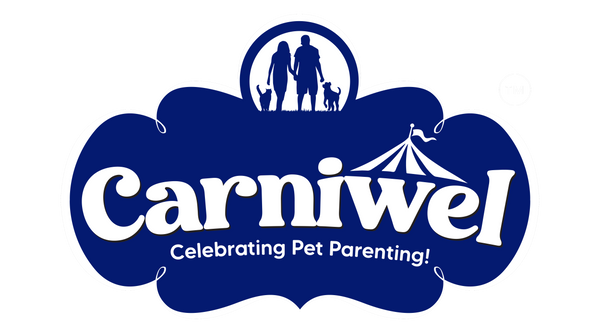Looking to add real value to your child’s life this summer?
It may be time to introduce (or reintroduce) the family pet into their daily routine. Beyond the wagging tails and purrs, pets are the best teachers your child can have—offering powerful lessons in responsibility, empathy, emotional resilience, and even social development.
In a world that rewards instant gratification and constant scrolling, where swiping right is an indication of having a social life, pets bring something irreplaceable: patience, consistency, and connection. Here’s how having a cat or a dog can transform your child’s summer break—and maybe even their life.
1. Responsibility: Raising Little Caregiver
Caring for a pet requires daily attention, and when you involve your child in that care, you’re nurturing their ability to take on responsibilities. Feeding, walking, brushing, and cleaning up after a pet teach:
- Time management
- Daily routines
- Consequences of neglect
Giving your child age-appropriate caregiving tasks helps them learn commitment and structure—life skills that will benefit them far beyond pet care.
2. Empathy & Emotional Intelligence: Learning Without Words
Cats and dogs communicate without talking. Teaching kids how to read body language (like a wagging tail or a hiss) helps them understand non-verbal cues—not just in animals but in humans too.
- Children learn to recognize consent and boundaries.
- They develop sensitivity to others’ needs and emotions.
- Spending time with pets fosters emotional awareness and compassion.
Want to learn how to understand your pet’s body language better? Click to explore more on the behavior cues of cats and dogs.
3. Emotional Support: Building a Safe Space
Pets offer unconditional love and a constant source of comfort. This emotional anchor is especially helpful during transitions or tough times like school stress or moving.
- Interacting with pets releases oxytocin, the "bonding hormone"
- Pets provide emotional security without judgment
- They help children regulate feelings of anxiety, anger, or sadness
4. Social Skills: The Confidence Boosters
Children with a cat or a dog at home often become more socially open and confident.
- Pets make great conversation starters
- They reduce screen time and encourage face-to-face play
- Caring for pets together improves sibling teamwork and cooperation
From dog parks to vet visits, your child gains opportunities to talk to peers and adults alike—growing their confidence with every interaction.
5. Life & Loss: Lessons from Beginning to End
Pets also guide children through the natural cycles of life—from growth to grief.
- Caring for young animals builds dependability and patience
- Feeding and nutrition routines help them learn about gut health and balanced diets
- Training a pet teaches discipline for both human and pet
- Losing a pet, though painful, teaches children how to grieve with respect and love
Summer play & Quality time
This summer, you can give your children the chance to do more with their time. Check out our DIY blogs and encourage you child to make your pets some toys. Put them in charge of their furry sibling’s nutrition and remember to include Carniwel’s range of cat and dog food. Our food is rich in fresh proteins and gives your furry child wholesome nutrition. Help your kids build the bond between each other so they can have a joyous summer!



 https://carniwel.com
https://carniwel.com


